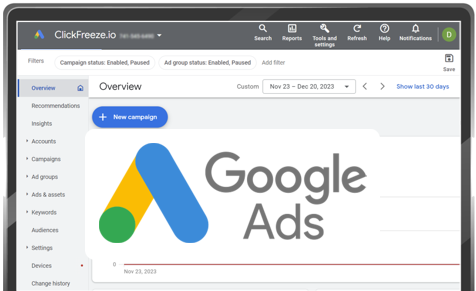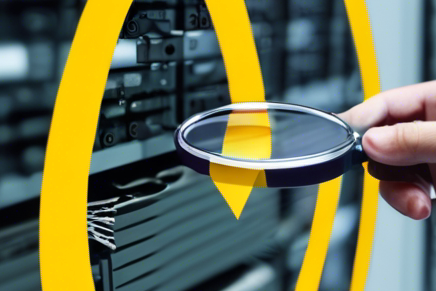
What are rotating proxies? How do they affect my business?
In the Internet landscape, businesses, researchers, and individuals often find themselves navigating through challenges such as access restrictions, data scraping limitations, and geo-blocking.
One powerful tool that has emerged to tackle these issues head-on is the rotating proxy.
Rotating proxies can be used for good reasons, but there are potential pitfalls, specifically in the context of click fraud.
What's a Rotating Proxy?
Think of a proxy as your virtual disguise online. It's a tool that automatically changes your virtual address, making it appear as though you're browsing from different locations. This clever mechanism helps you bypass restrictions, access content, and maintain a degree of online anonymity.
Rotating proxies will alter your location every few minutes which makes it even harder to detect.
How it Works?
Picture a carousel of virtual addresses. Rotating proxies work by smoothly shifting from one IP address to another, distributing your online presence across various points. This not only helps you fly under the radar of certain website restrictions but also mirrors the way a regular internet user behaves, avoiding suspicion.
What impact do proxies have on my infrastructure?
- Increased Server Load
Rotating proxies generate a higher number of requests to your server as they switch IP addresses. While this might not be an issue for well-optimized websites, it could lead to increased server load, potentially affecting the site's performance and response times.
- Traffic Analytics Distortion
The use of rotating proxies by visitors may distort your website traffic analytics. Since users appear to come from different IP addresses, tracking user behavior accurately becomes more challenging. This can affect your ability to understand your audience and make informed decisions based on user data.
- Potential for Abuse
In some cases, individuals may use rotating proxies to engage in malicious activities such as click fraud, scraping, or other forms of abuse. This could lead to legal and ethical issues for your website, especially if your platform is inadvertently associated with such activities.
What can be done to protect my organization?
- Rate Limiting and IP Blocking
Implement rate-limiting mechanisms and IP blocking to prevent abuse and protect your website from excessive requests. This can help mitigate the impact of potential scraping attempts.
- Bot Detection and Prevention
Employ bot detection tools and services to identify and mitigate malicious bot traffic. This can help differentiate between legitimate users and automated scripts, reducing the risk of click fraud or other unwanted activities.
- Monitoring and Analysis
Regularly monitor your website traffic and analyze patterns to identify any unusual behavior. This proactive approach can help you detect potential issues early on and take appropriate measures to safeguard your site.
How are Rotating Proxies used for click fraud?
Rotating proxies can play a role in click fraud, a deceptive practice where individuals or automated scripts generate illegitimate clicks on online advertisements. Click fraud can have various motivations, including sabotaging competitors, inflating advertising costs, or attempting to manipulate online analytics. Here's how rotating proxies may be involved in click fraud:
- IP Rotation for Mimicking Legitimate Traffic
Click fraud perpetrators may use rotating proxies to constantly change their IP addresses. This dynamic IP rotation helps them mimic the behavior of legitimate users, making it difficult for anti-fraud systems to detect and block their activities. The constant change in IP addresses can make it challenging for ad networks to identify and stop the fraudulent clicks.
- Evading IP-based Click Tracking
Many ad networks and online platforms employ IP-based tracking systems to monitor and identify click patterns. By using rotating proxies, fraudsters can circumvent these systems, as the IP address associated with each click is frequently changing. This makes it harder for ad platforms to attribute multiple clicks to a single source and detect suspicious activity.
- Distributed Click Fraud Networks
Rotating proxies allow click fraud perpetrators to create distributed networks of devices, each with a unique IP address. This decentralized approach makes it more challenging for ad platforms to recognize and block coordinated fraudulent activities. The diverse IP addresses used in rotating proxy networks can give the appearance of clicks coming from different locations and devices.
- Scalability of Click Fraud Operations
Rotating proxies enable fraudsters to scale up their click fraud operations efficiently. With a large pool of IP addresses, they can generate a high volume of fraudulent clicks without being easily detected. This scalability can lead to more significant financial losses for advertisers and may result in increased ad costs for legitimate businesses.
Block harmful traffic and improve your ads performance.
Block harmful traffic and improve your ads performance.
Setup your ClickFreeze account in minutes, ensuring your campaigns are safe, monitored, and protected.

